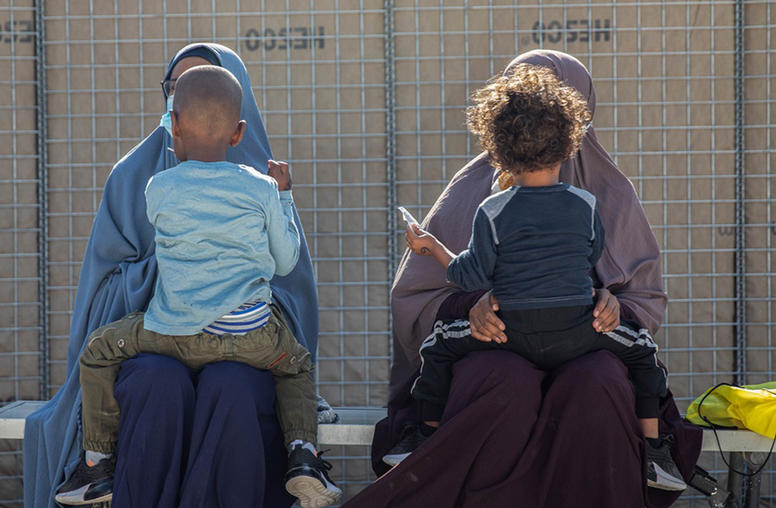Ongoing Syria Violence Dashes Hopes for Peace Plan
Syrian forces continued to pound cities across the nation, despite a United Nations-brokered peace plan that was to end violence in the 13-month anti-government uprising. According to the U.N. plan, Syrian forces were to pull back from cities by April 10, and a ceasefire would go in effect on April 12.
Syrian forces continued to pound cities across the nation, despite a United Nations-brokered peace plan that was to end violence in the 13-month anti-government uprising. According to the U.N. plan, Syrian forces were to pull back from cities by April 10, and a ceasefire would go in effect on April 12.
"Syria has failed to live up to the low expectations of the U.N. peace plan," said USIP’s Steven Heydemann in a live broadcast interview on C-SPAN on April 10. "We have seen the Syrian government agree to peace proposals before, and it has repeatedly shown it has no intention to honor any commitment it made to implement the plans."
The ongoing violence, even in the face of international pressure and a U.N. plan, "tells us the Assad regime is using international efforts to buy time while it continues to crush the uprisings. It also suggests the Assad regime feels these peace proposals for negotiation with the opposition would open the door for a political transition." This is a politically savvy regime that is exploiting international diplomatic efforts to end the violence, Heydemann noted.
While diplomacy "has failed in Syria -- we should not give up on trying to persuade the Assad regime that its only long-term option is to begin a process of negotiation that would lead to a peaceful transition."
"It’s a heavy lift. I wouldn’t expect too much from the diplomacy track because we have seen how Assad exploits these peace efforts."
Instead, he explained, "we must commit to sustaining a multi-track effort with building the capacity of the opposition, sustaining their peaceful protests, the current efforts of the external opposition, as well as continue pressures of economic sanctions and international isolation."
In order to help create conditions for a peaceful resolution to the bloodshed, USIP has been working closely with different elements of the Syrian opposition to develop their vision of a post-Assad future and help address their operational and organizational shortcomings.
"Because of our long experience in building the capacity of opposition groups who are committed to peaceful change, we have something to offer here," Heydemann said.
.jpg)



